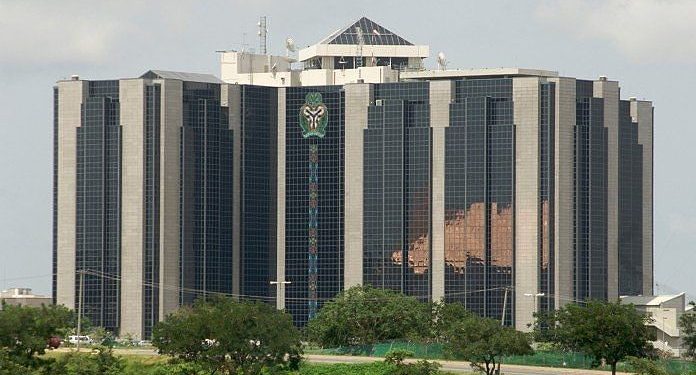Nigeria’s central bank will keep its foreign exchange system, its governor said on Monday, supporting a controversial managed float of the naira that investors and the International Monetary Fund have asked the country to dismantle.
Despite years of inflationary pressure as global prices for oil, Nigeria’s main export, dropped, the government and central bank have spent billions of dollars propping up the naira’s value in the face of calls for a free float.
Central bank governor Godwin Emefiele announced his intent to keep the foreign exchange system at a briefing in Abuja where he laid out policy direction for the next five years.
“We would continue to operate a managed float exchange rate,” he said.
The naira officially trades at about 306 per U.S. dollar. But it is sold on the black market at roughly 360 to the dollar, a disparity that has frustrated importers and other investors as well as the IMF.
Last month, Emefiele became the first central bank governor to get a second term, after newly re-elected President Muhammadu Buhari nominated him, a sign of policy continuity.
Emefiele also announced a plan to recapitalise Nigeria’s banks.
“Over the next five years banks would be required to hold higher capital,” he said, adding that foreign exchange depreciation had weakened the industry’s capitalisation.
The bank will discuss the plan at a committee of governors, Emefiele said, though he did not say when this would be.
The governor added that Nigeria’s pace of economic growth remains fragile, but the central bank would strive to decrease the inflation rate to single digits and maintain a positive interest rate.










